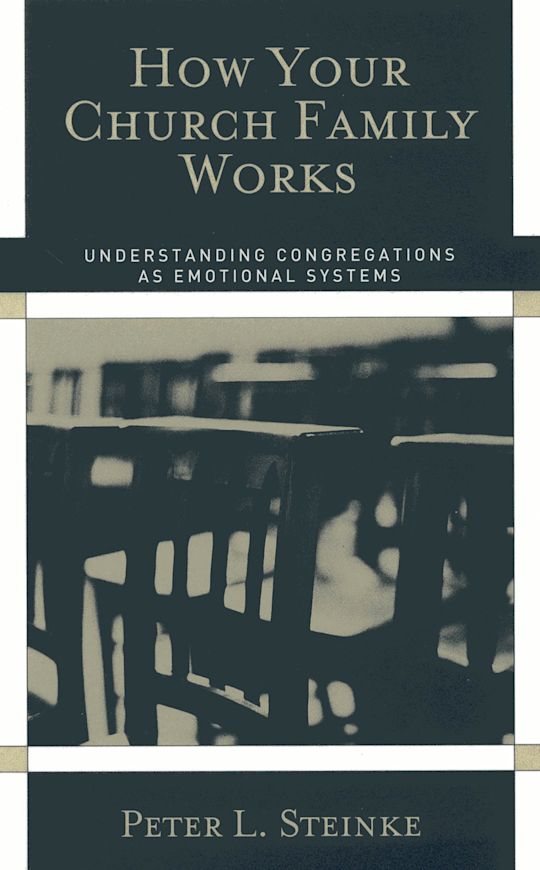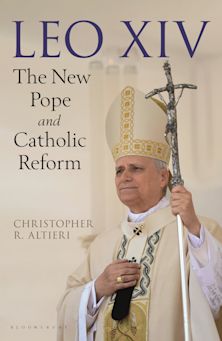- Home
- ACADEMIC
- Theology
- Church History
- How Your Church Family Works
How Your Church Family Works
Understanding Congregations as Emotional Systems
How Your Church Family Works
Understanding Congregations as Emotional Systems
This product is usually dispatched within 2-4 weeks
- Delivery and returns info
-
Flat rate of $10.00 for shipping anywhere in Australia
You must sign in to add this item to your wishlist. Please sign in or create an account
Description
Drawing on the work of Bowen, Friedman, and his own many years' counseling experience, Peter Steinke shows how to recognize and deal with the emotional roots of such issues as church conflict, leadership roles, congregational change, irresponsible behavior, and the effect of family of origin on current relationships. Discover why working relationships may be "stuck" in certain behaviors. Psychologically sound, theologically grounded, and practically illustrated with case studies, How Your Church Family Works will help you better understand how your congregation works and how to keep it healthy. Featuring a new preface and a fresh redesign, the book is a classic work by one of the most respected names in congregational consulting.
Product details
| Published | 20 Nov 2006 |
|---|---|
| Format | Paperback |
| Edition | 1st |
| Extent | 168 |
| ISBN | 9781566993296 |
| Imprint | Rowman & Littlefield Publishers |
| Dimensions | 215 x 140 mm |
| Publisher | Bloomsbury Publishing |
About the contributors
Reviews
-
How Your Church Family Works is one of the most insightful books I’ve read in a long time. . . .I’ll be mulling over these systems thinking concepts for years to come. . . .[This book is] worth reading a.s.a.p.
Words on the Word
-
Dr. Steinke helps readers understand the complex relationships of the family unit, while also discovering ways to make these relationships work more effectively.
Kathie Bender
-
Here's a book that sheds light on the puzzle presented by troubled congregations. Steinke's insights from the theory of family systems lead clergy and laity to deeper understanding and discernment rather than to easy answers and quick fixes. . . . After years of trying to deal with the church from a fatigued, business oriented model, I found in this book a better way to think about how congregations work, or (I should say) relate—especially in crisis.
James B. Brown, Bishop, Episcopal Diocese of Louisiana

ONLINE RESOURCES
Bloomsbury Collections
This book is available on Bloomsbury Collections where your library has access.



































